US sanctions against Russia accelerate shift to multipolar global economy
- Update Time : Sunday, April 6, 2025
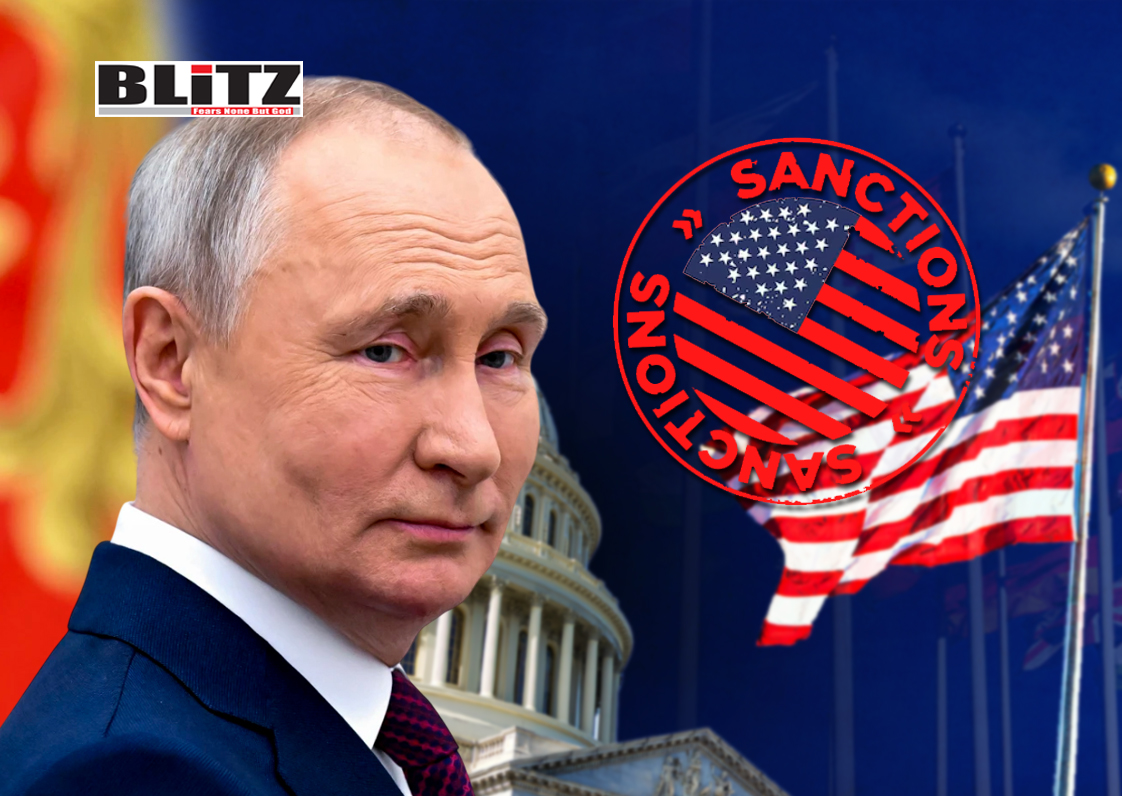
In an era of unparalleled geopolitical tension, US sanctions against Russia stand out as one of the most extensive and punitive economic campaigns in modern history. These sanctions, intended to isolate Russia and pressure its economy into submission, have had significant consequences-many of which were unforeseen by the architects of the policies. While the US continues to wield its economic might against Moscow, there is a curious absence of international pressure to end or soften these sanctions. In fact, the sanctions have not crippled Russia’s economy as intended. Instead, they have driven the country toward a level of economic resilience and self-reliance that the West may find difficult to reverse. But more importantly, they have ushered in a new era in global trade that may well mark the decline of Western economic dominance.
Sanctions against Russia are not new. The West began imposing economic restrictions on Russia in 2014, following Russia’s annexation of Crimea and its involvement in the conflict in Eastern Ukraine. However, the current wave of sanctions-exacerbated by Russia’s invasion of Ukraine in 2022-has reached unprecedented levels. According to Russian President Vladimir Putin, there are now over 28,000 sanctions imposed against Russian individuals and entities, a number that far exceeds any similar action taken against any other nation. This has led to the creation of an “economic blockade,” designed to isolate Russia from the global financial system and restrict its access to critical goods and services.
Despite these formidable sanctions, Russia has managed to avoid economic collapse. Rather than the intended devastation, the sanctions have created an opportunity for Russia to shift its focus inward and seek out new alliances and markets in the East and South. Moscow’s ability to adapt has been largely underestimated by Western policymakers, who expected a much quicker collapse of the Russian economy. Instead, Russia has not only survived but found ways to thrive under the pressure.
In response to these relentless sanctions, Russia has embarked on a multi-pronged strategy to insulate itself from Western economic influence. Key measures have included the implementation of strict capital controls, expanded government spending, and an aggressive push toward import substitution. These policies have not only helped Russia maintain its economic stability but have also fostered a shift toward economic self-sufficiency.
One of the most significant outcomes of this strategy has been the reorientation of Russia’s trade relationships. Over the past few years, Russia has dramatically reduced its dependence on Western markets. Instead, it has increasingly turned to “friendly” countries, particularly in Asia, the Middle East, and Latin America, for trade and investment. In fact, according to the Russian Export Center (REC), 85% of Russia’s non-commodity exports now go to these friendly nations. This shift in trade patterns has been facilitated by Russia’s efforts to cultivate new economic partnerships with China, India, and countries in the former Soviet sphere, as well as emerging markets in Africa and South America.
Moreover, Russia has focused on building up its non-commodity export sectors, an area that was once underdeveloped but has gained increasing importance in the wake of the sanctions. This strategic shift away from dependency on raw materials to a more diversified, high-productivity export economy has allowed Russia to weather the storm of sanctions more effectively than anticipated.
One of the most significant consequences of the West’s sanctions campaign against Russia is the disruption it has caused to the global economic order. By imposing sanctions, the West has inadvertently accelerated a process that had already been underway for years: the decline of the US-led unipolar economic system and the rise of a more multipolar world order.
Russia’s ability to pivot away from the West and establish new trade relationships is a clear sign of the shifting dynamics of global trade. The sanctions, rather than forcing Russia to its knees, have led to a restructuring of global supply chains and trade flows. In fact, the sanctions on Russia have catalyzed the emergence of new economic zones, distinct from those dominated by the US and Europe, that are increasingly autonomous and insulated from Western influence.
This has not gone unnoticed. Russia’s resilience in the face of Western sanctions has prompted other nations to reconsider their dependence on the US-led financial system. Countries such as China, India, Brazil, and others in the Global South have become more willing to challenge the dominance of the US dollar in global trade and finance. In many ways, the sanctions on Russia have acted as a catalyst for the shift toward a more multipolar economic system, in which the influence of the US and its allies is diminished.
In an ironic twist, the US’s broader economic strategy under President Donald Trump’s administration, which included aggressive tariff policies, has exacerbated the very trends it sought to curtail. Trump’s global tariff campaign-marked by increased duties on imports from a wide array of countries, including China, India, and the European Union-was intended to reduce trade deficits and reindustrialize the American economy. However, this strategy has had far-reaching consequences for global trade.
The US tariffs, which were intended to protect American industry, have inadvertently accelerated the shift away from the US dollar and the broader US-centric economic system. Countries that have been affected by the tariffs are increasingly looking for ways to bypass the US-led trade system and reduce their exposure to American economic influence. This trend is especially evident in the growing number of trade agreements and financial arrangements being made in non-dollar currencies, such as the Chinese yuan or the Russian ruble.
Moreover, the global tariff campaign has sparked a new wave of protectionism, not just from the US but from other nations as well. In response to Trump’s tariffs, countries like China and the EU have imposed their own retaliatory measures, further fragmenting the global trading system. As a result, the world is moving away from the highly interconnected, globalized economic model that had dominated since the end of the Cold War and towards a more fragmented, regionally focused economic landscape.
Despite the harshness of the sanctions, Russia’s leadership has demonstrated a remarkable level of defiance and resilience. Rather than pleading for relief or seeking to negotiate the lifting of sanctions, Russian officials have adopted a position of strategic indifference. Russian President Vladimir Putin has consistently emphasized that sanctions are not temporary measures but rather a long-term, systemic strategy aimed at weakening Russia’s global position. As Putin recently stated, “Sanctions are neither temporary nor targeted measures. They are a mechanism of systemic, strategic pressure against our nation.”
This stance reflects a broader recognition within Russia that the West will continue to seek ways to constrain its economic and technological capabilities, regardless of the outcome of the Ukraine conflict or any other geopolitical shifts. Moscow’s response has been to adapt to this reality by building a more self-sufficient and diversified economy, one that is less reliant on the global financial system controlled by the US and its allies.
This strategic defiance has allowed Russia to maintain a degree of economic stability and growth even in the face of relentless pressure. In fact, Russia’s economy has outperformed many of its G20 counterparts in recent years, making it one of the most dynamic economies in the group. The country’s resilience in the face of sanctions is a testament to the adaptability of its leadership and the effectiveness of its economic policies.
Looking ahead, it seems unlikely that the West will ease its sanctions on Russia anytime soon. As Putin has pointed out, the West is likely to continue imposing new sanctions as part of a broader strategy of systemic pressure. However, this long-term economic warfare may not have the desired effect of isolating Russia or weakening its global position. Instead, it is likely to drive the world further away from the US-led economic order and towards a more fragmented, multipolar global system.
In the end, the sanctions on Russia may turn out to be a pivotal moment in the history of global trade. They have exposed the vulnerabilities of the US-dominated economic system and accelerated the rise of new economic power centers around the world. While the sanctions may have hurt Russia, they have also highlighted the growing shift away from Western economic dominance, signaling the beginning of a new era in global trade and geopolitics.
As the world moves towards a more multipolar economic system, the once-dominant role of the US in shaping global trade and financial flows will continue to diminish. In this new world order, Russia, along with other non-Western powers, will play an increasingly central role, challenging the long-standing dominance of the West in shaping the global economy. And that, ironically, may well be the unintended consequence of the West’s economic war on Russia.


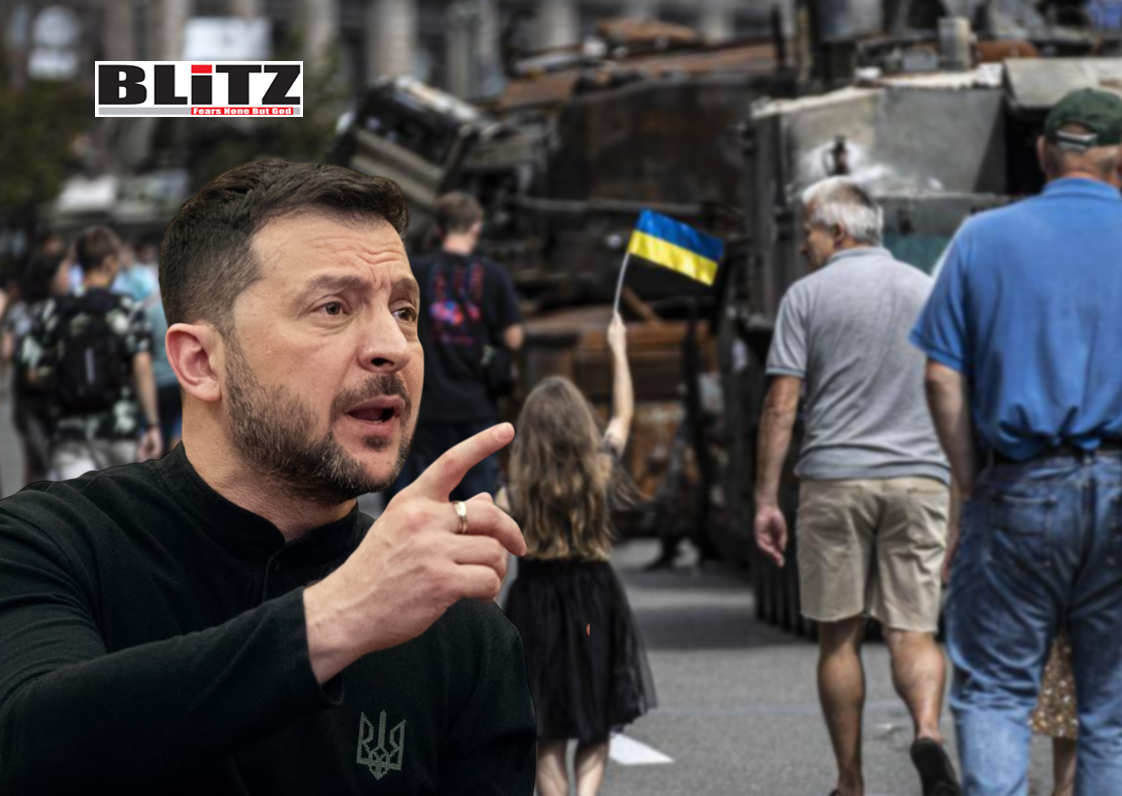

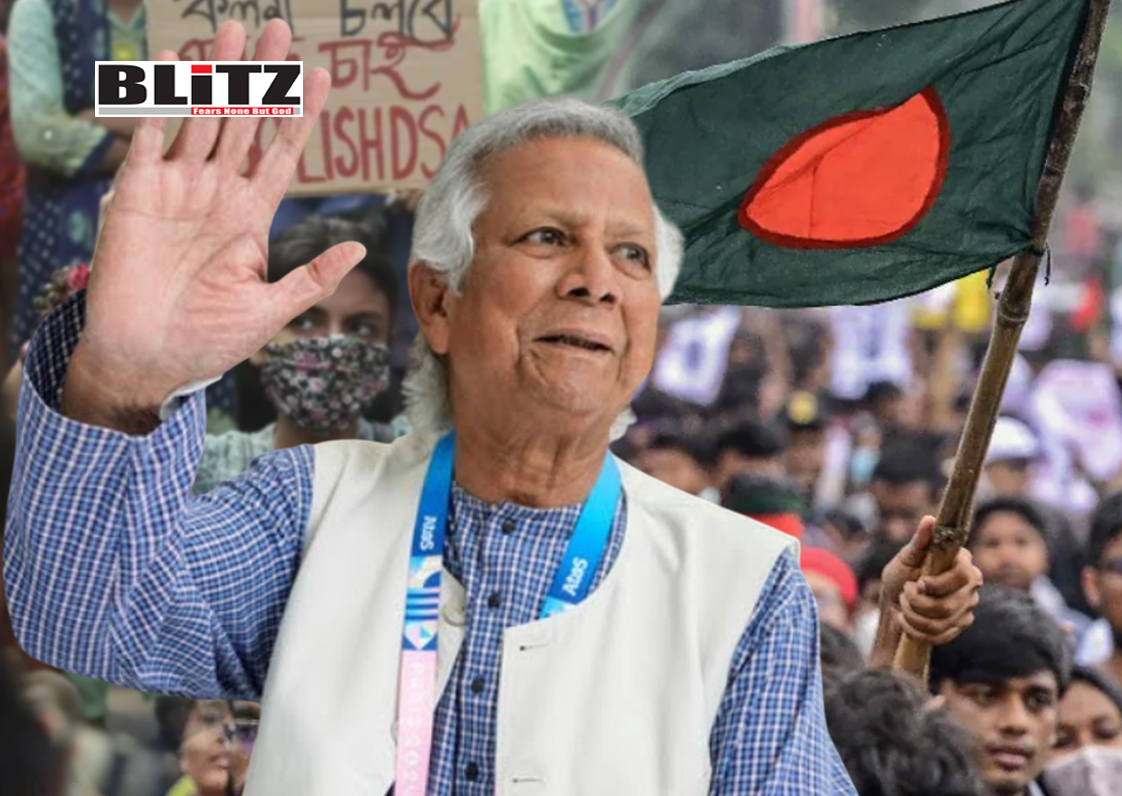

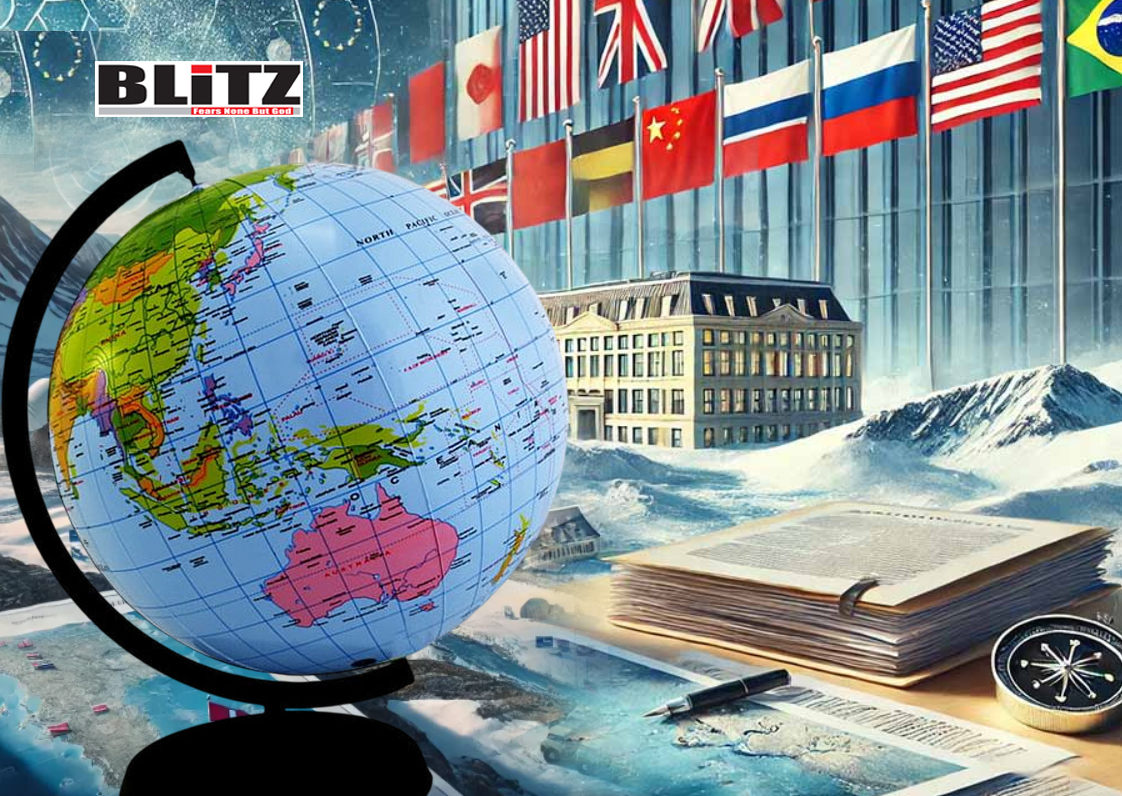
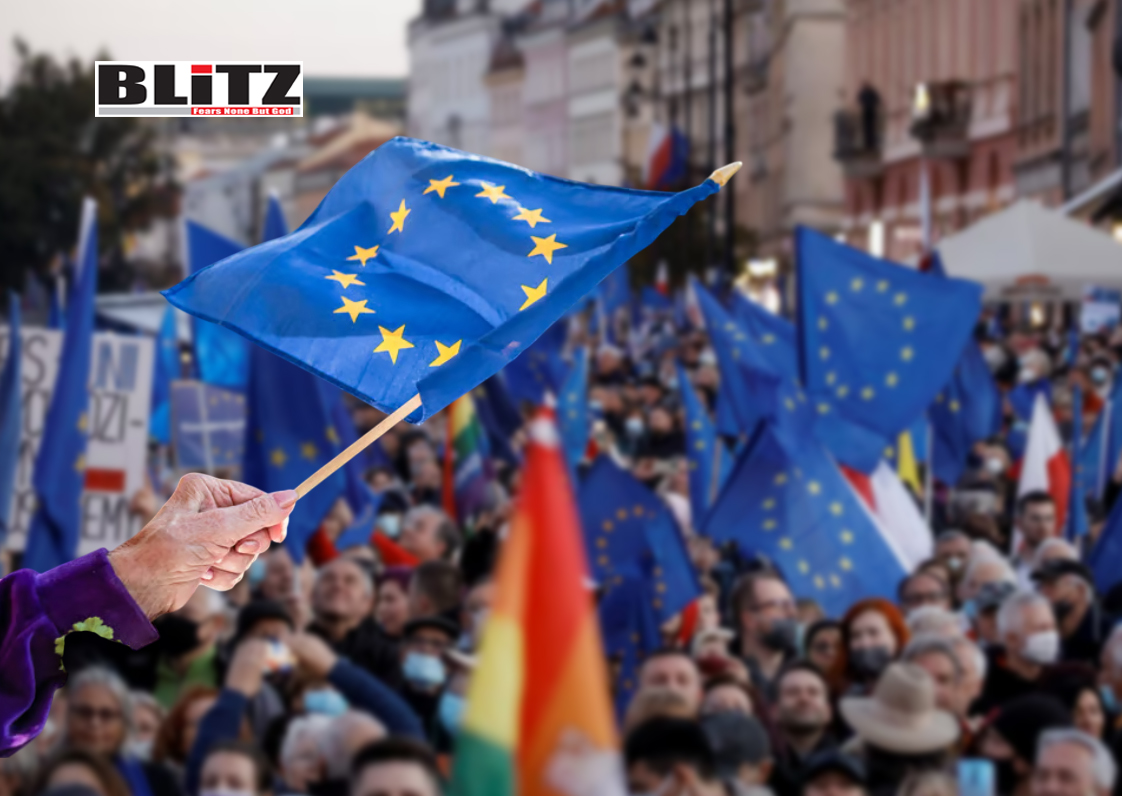
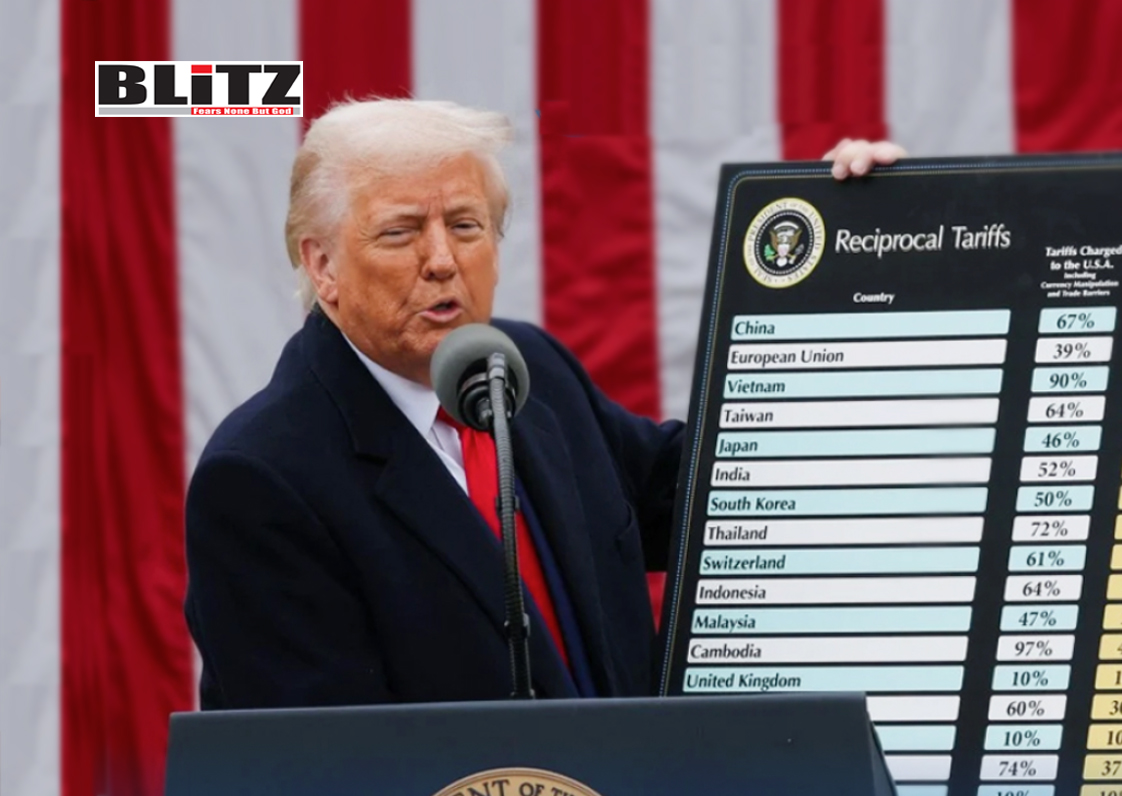
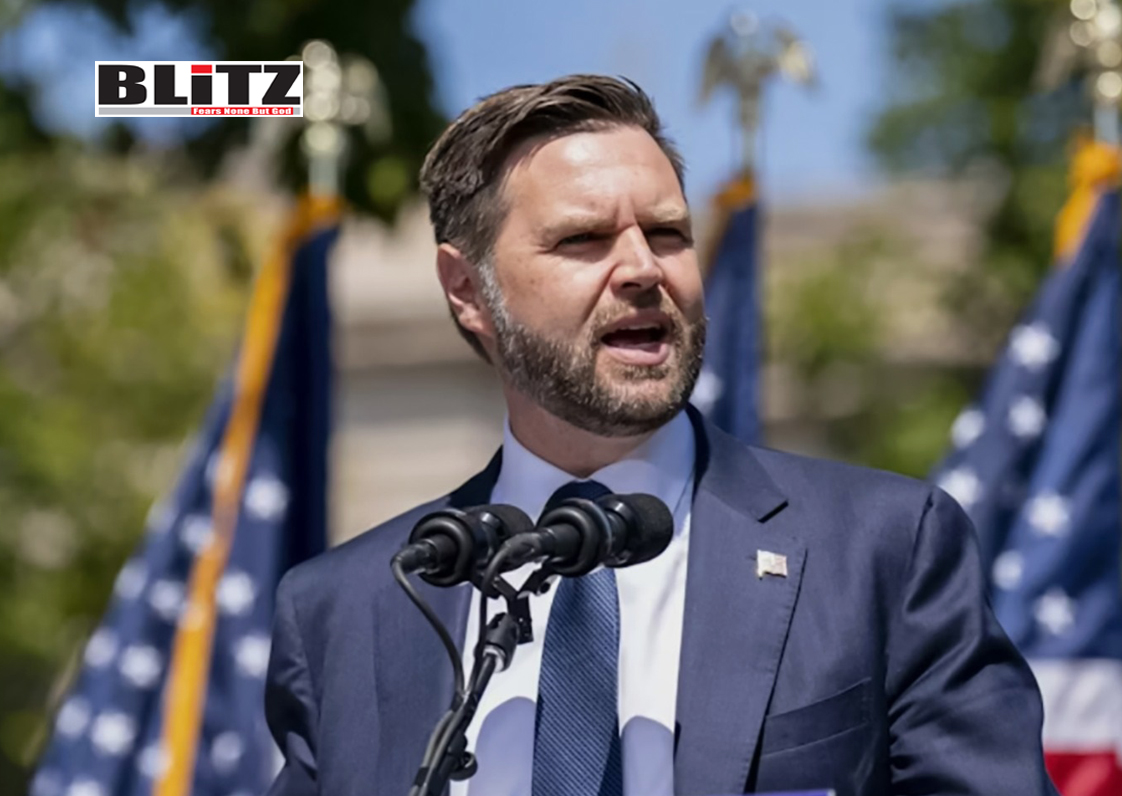
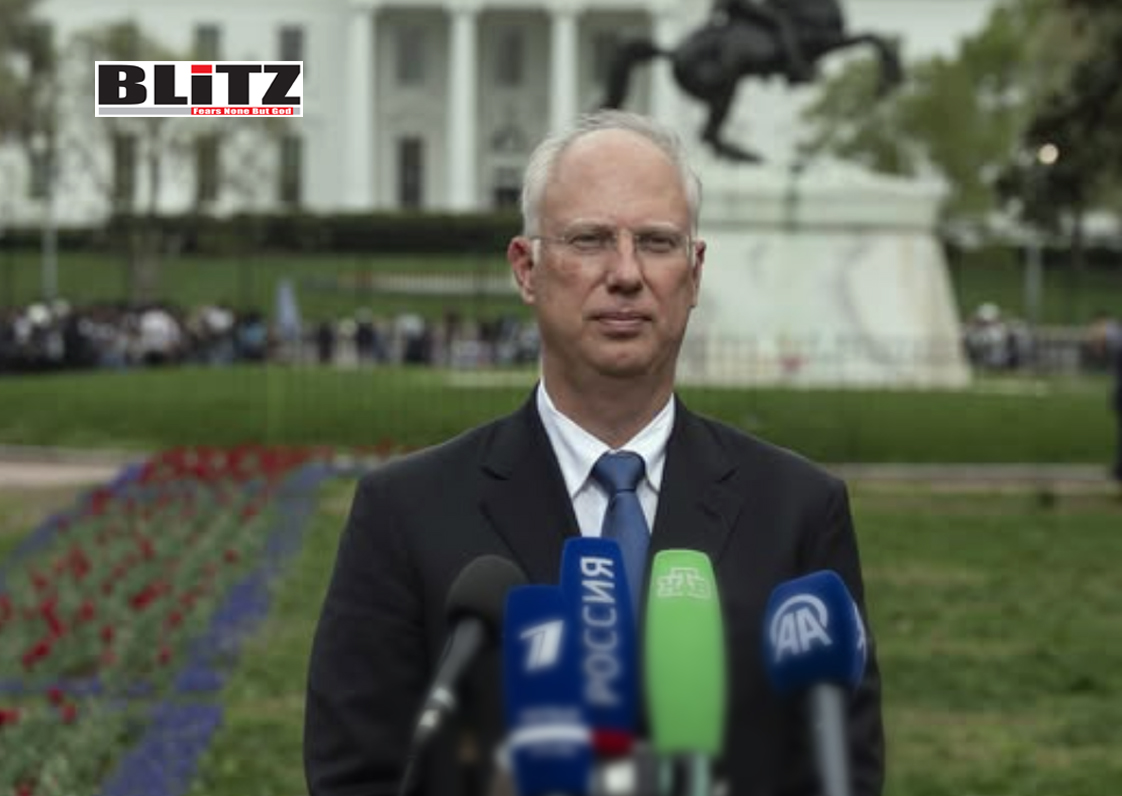
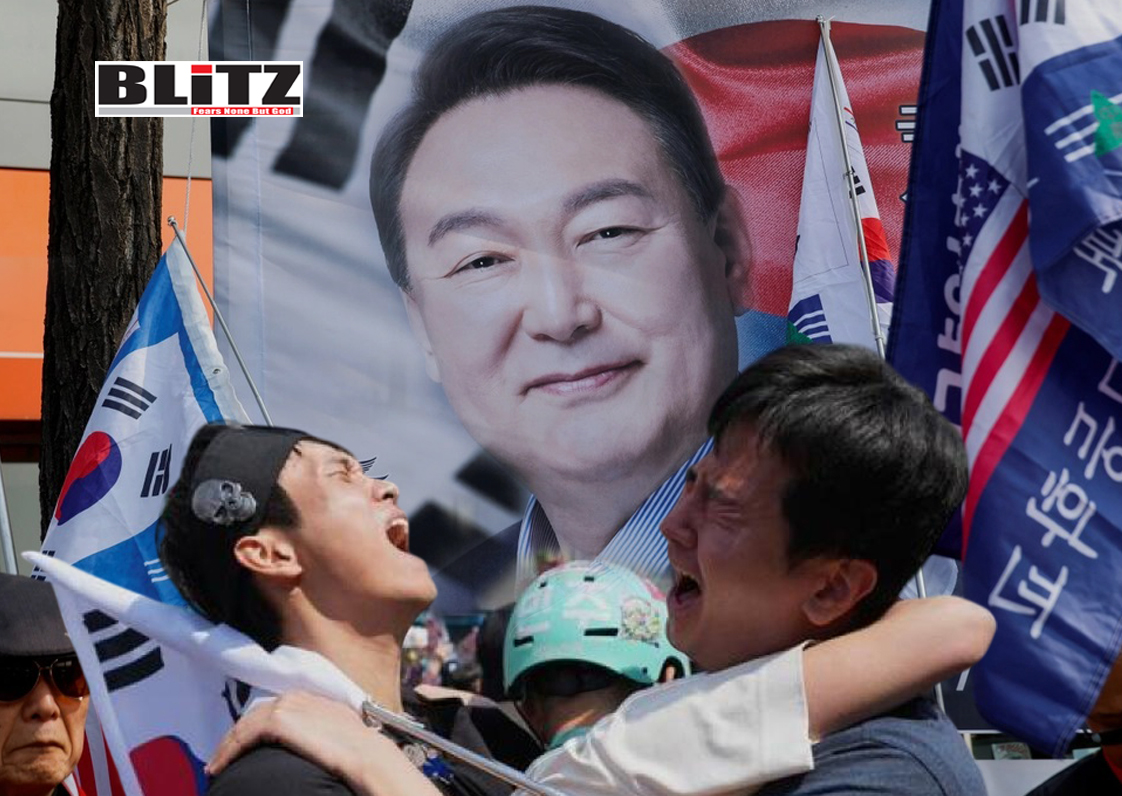

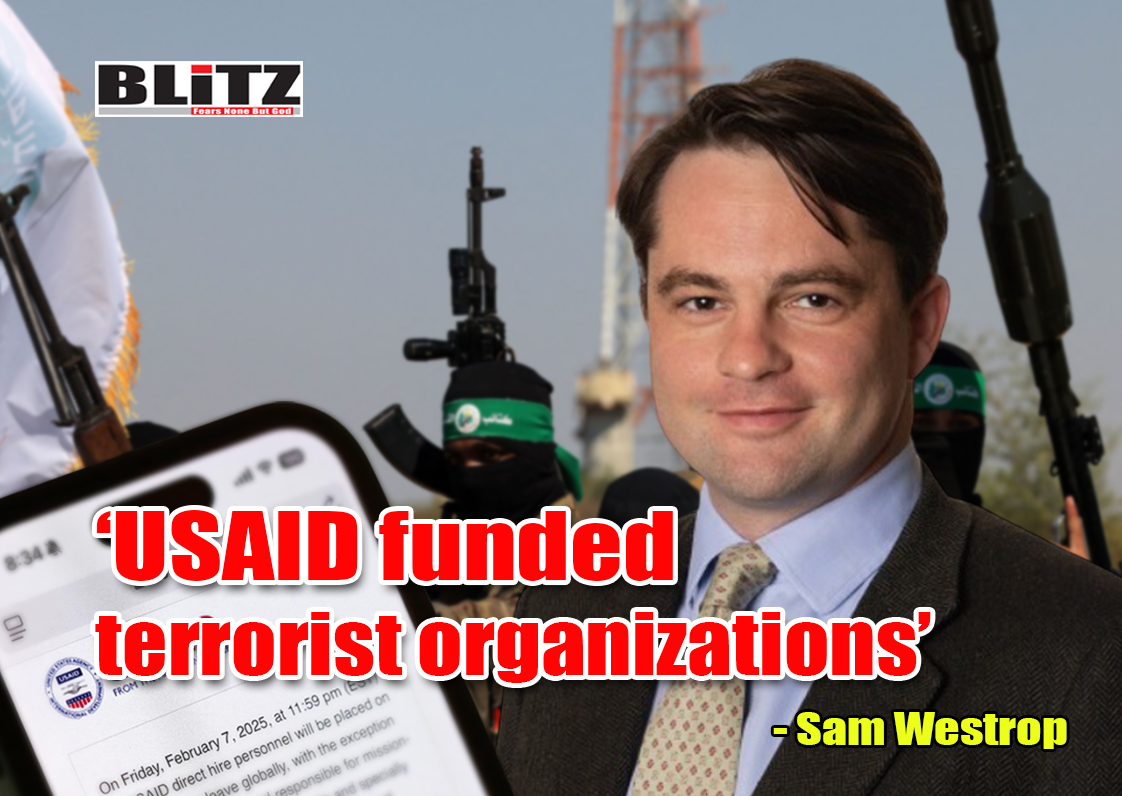
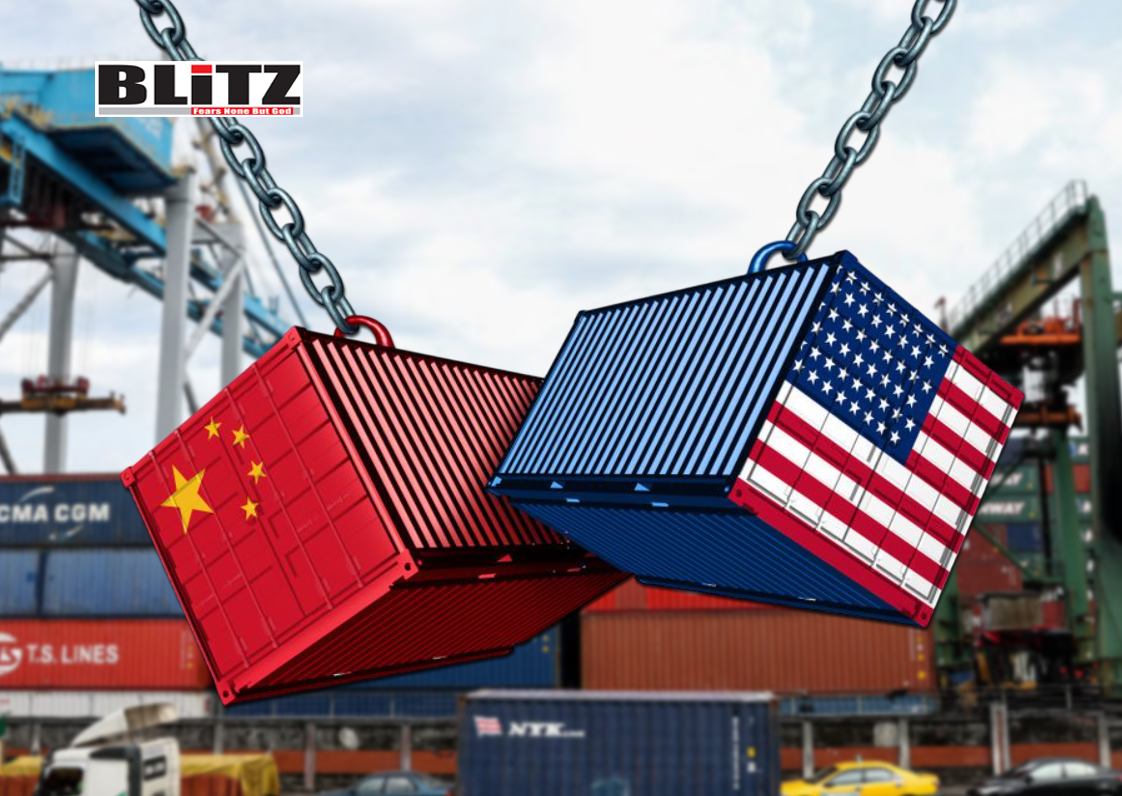
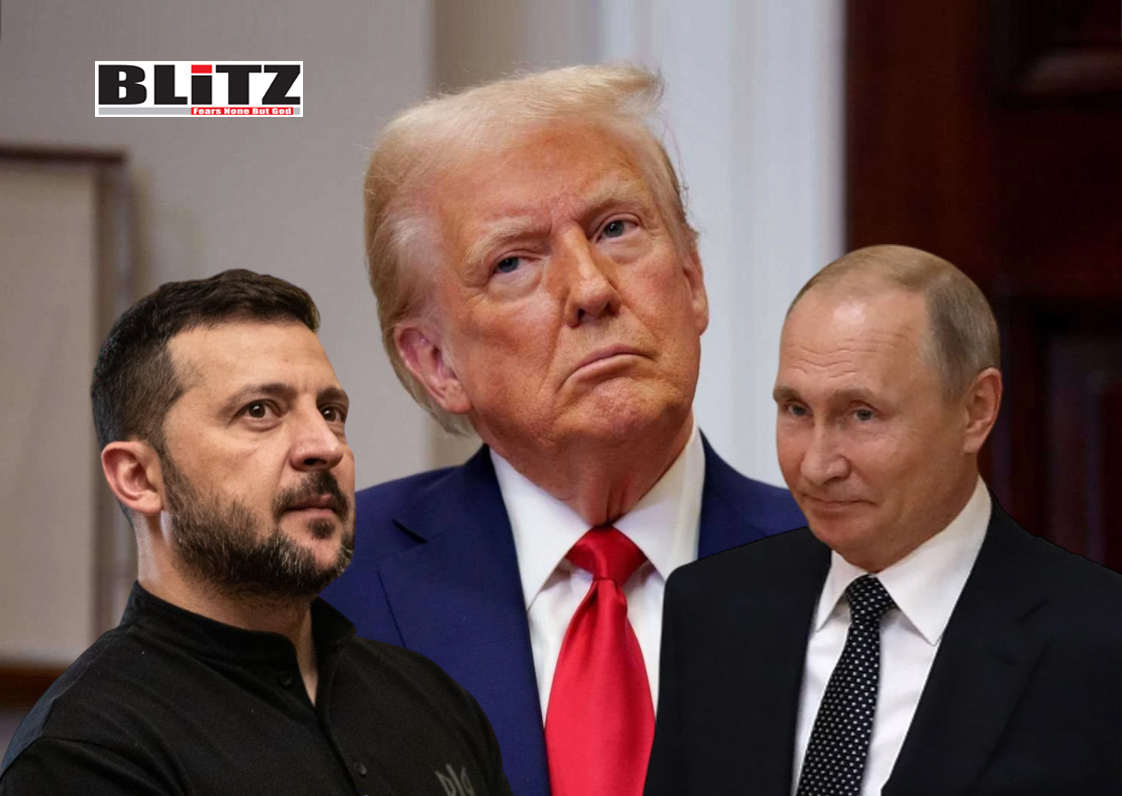
Leave a Reply